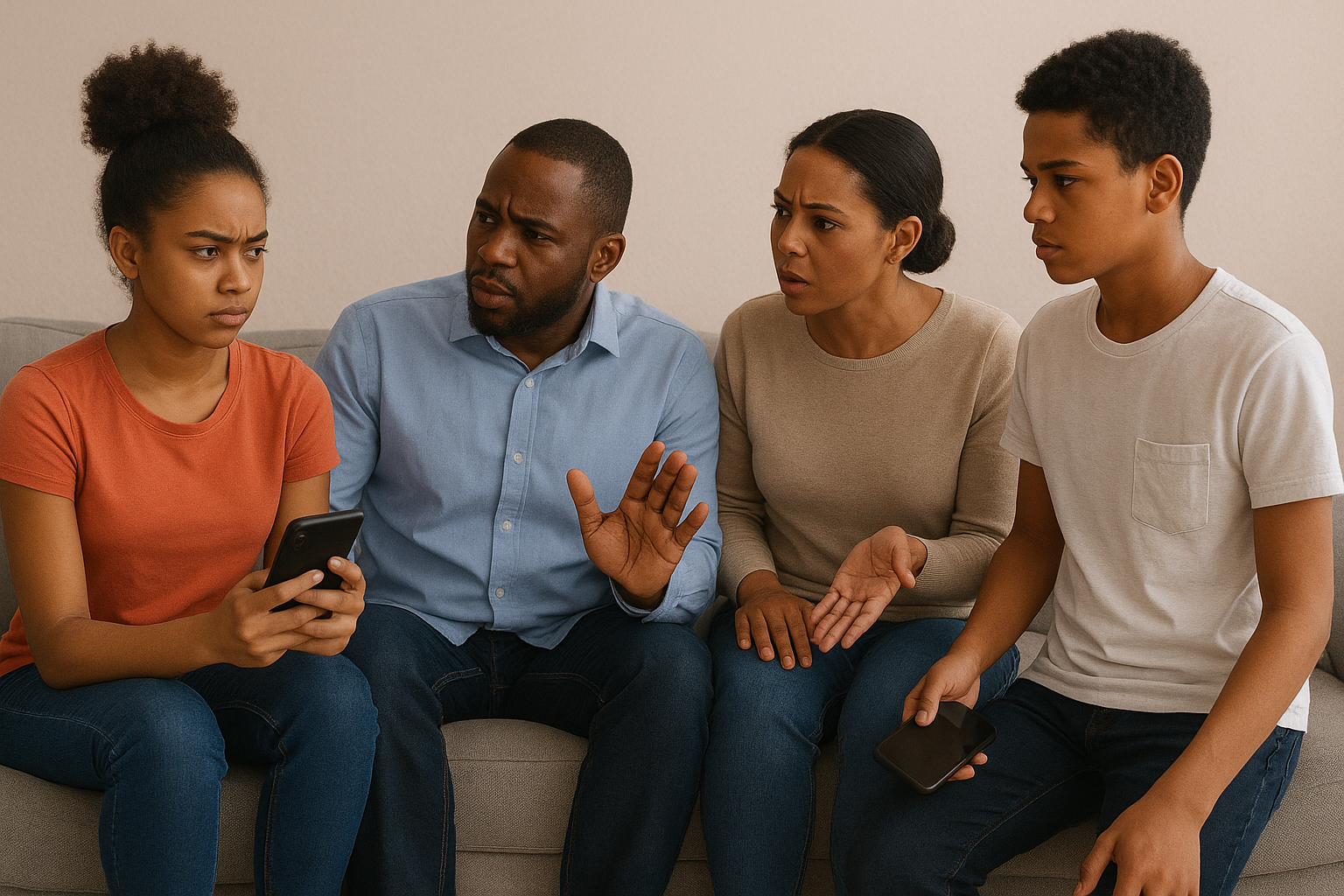
Fear has begun to quietly settle inside many Kenyan households as the country’s young generation finds itself increasingly exposed to digital surveillance, online targeting, and police crackdowns linked to online activism.
What began as spontaneous expressions of political frustration on platforms like TikTok, X, and Instagram has, for some families, turned into a source of daily anxiety, and parents are now doing what they can to shield their children from danger.
According to the Amnesty International report documenting the events surrounding the 2024 and 2025 protests, the pressure is no longer coming only from the state, but also from home.
The report notes that as cases of harassment, disappearances, and intimidation rose, families became acutely aware that a single online comment or video could make their child a target.
Parents of young protestors, digital creators, and vocal commentators have watched with alarm as security agencies allegedly relied on phone data, social media activity, and online profiles to track, monitor and identify individuals.
Some families learned of detentions only after frantic calls went unanswered. Others saw their children return home deeply shaken after being confronted with details that suggested their private information had been accessed.
It is in this context that the report captures one of the most striking shifts in Kenya’s civic space: the quiet but desperate appeals now happening inside homes across the country.
As activists described the emotional toll on their families, the report highlighted the fear that has become part of ordinary domestic life.
“The widespread suspicion that social media monitoring and tech-facilitated surveillance aided by possible illegal phone data record sharing, which may be enabling state security operatives to locate and forcibly disappear leading social media protest voices, has instilled fear across Kenyan society,” the report stated in a part.
“The long-term damage to human rights activism and freedom of expression cannot be overstated; respect for human rights depends on people’s ability to speak up and demand accountability where violations occur, free of fear of reprisals. Instead, many parents now plead with their children to stop putting their lives at risk for as little as criticising the police and government online or protesting in the street.”
What once seemed like harmless digital expression is now seen by many families as a direct pathway to harassment or worse.
The line between online speech and physical danger has blurred, and parents recognising this new reality are urging caution, silence or withdrawal.
The report states that young Kenyans who played central roles in online organising told researchers they faced emotional pressure at home to stop posting, avoid protests, or deactivate their accounts altogether.
For some, the decision to step back from activism was not because they no longer believed in their cause, but because the fear in their households had become too much to carry.















